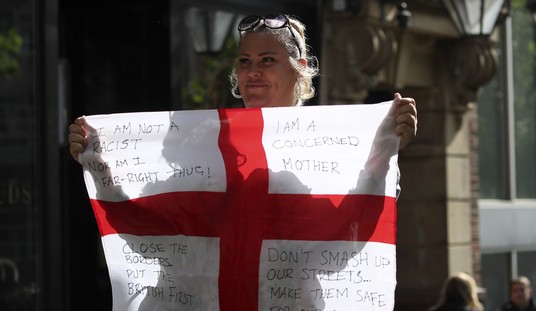Gov. Ron DeSantis (R-FL) is taking bold steps to address the immigration crisis by proposing that the Florida National Guard serve as immigration judges. This initiative aims to expedite deportation proceedings and alleviate the burden on federal courts overwhelmed by a backlog of cases. By leveraging the National Guard's legal expertise, DeSantis seeks to enhance efficiency in the immigration system and reinforce Florida's commitment to upholding the rule of law.
This week, DeSantis floated a proposal to allow the state’s National Guardsmen to serve as immigration judges to make “Operation Tidal Wave” move more swiftly. He said that Florida is fully prepared to take on a greater role in immigration enforcement and that the state has already submitted plans to the Department of Homeland Security. If approved, Florida will handle everything from apprehending illegal immigrants to detaining them, involving the National Guard.
“We're ready, willing, and able to take it to the next level. We have submitted plans to DHS to say if this is approved, we will go off to the races. And we will be able to do really from soup to nuts, from apprehension to detention, even putting some of our people in the National Guard in line to serve as immigration Judges to process this. We can do it,” the governor said, adding that the Florida-led initiative has partnered with federal, state, and local law enforcement to apprehend illegal aliens.
“These are not Article 3 judges. They are executive branch employees, basically. We can absolutely deputize judge advocates from our National Guard units to serve as immigration judges,” he continued.
He clarified that the appointees wouldn’t be federal judges appointed under Article III of the Constitution. Instead, DeSantis plans to use existing Judge Advocates General from the Florida National Guard to serve as immigration judges.
Recommended
The governor dismissed concerns of “due process,” pointing out that there are “tens of thousands of illegal aliens in Florida at a minimum that have already been issued final orders of removal, and there's hundreds of thousands of them throughout the United States of America.”
“So they've had a lot of process. They've been ordered to be removed," the governor said. "They have not complied with those removal orders, and that's a very, very high priority for our state efforts to continue to identify those individuals and make sure that they return to their country of origin.”


